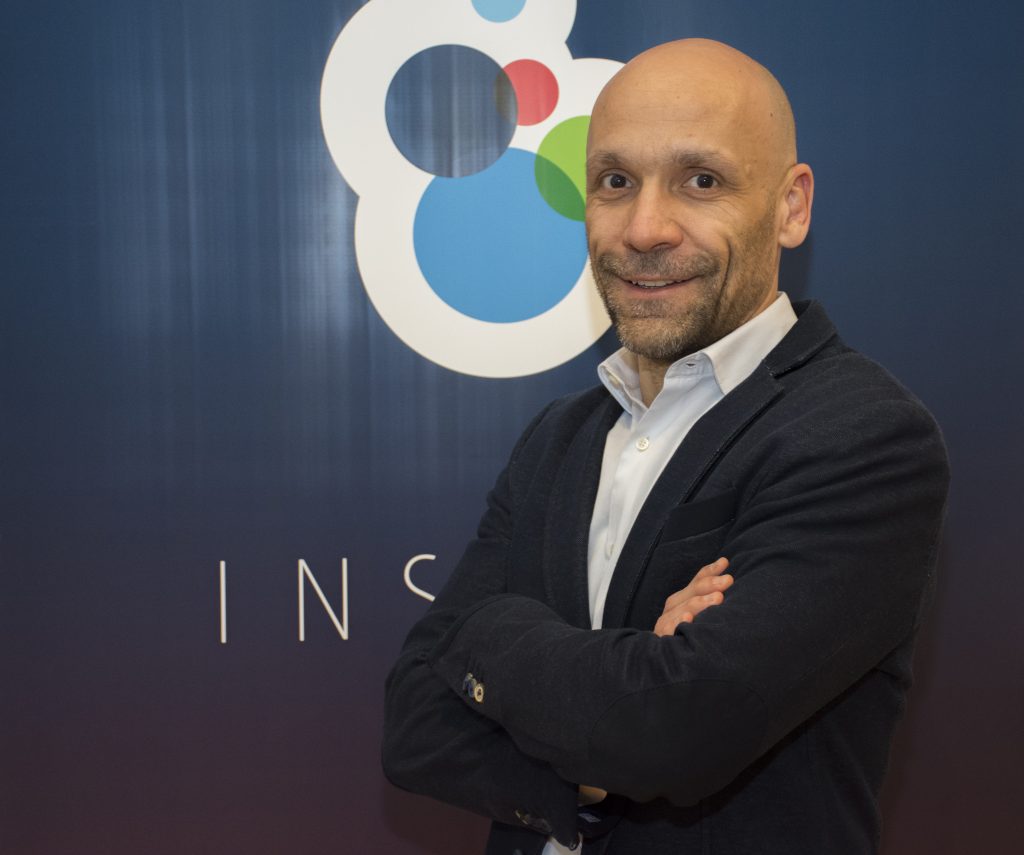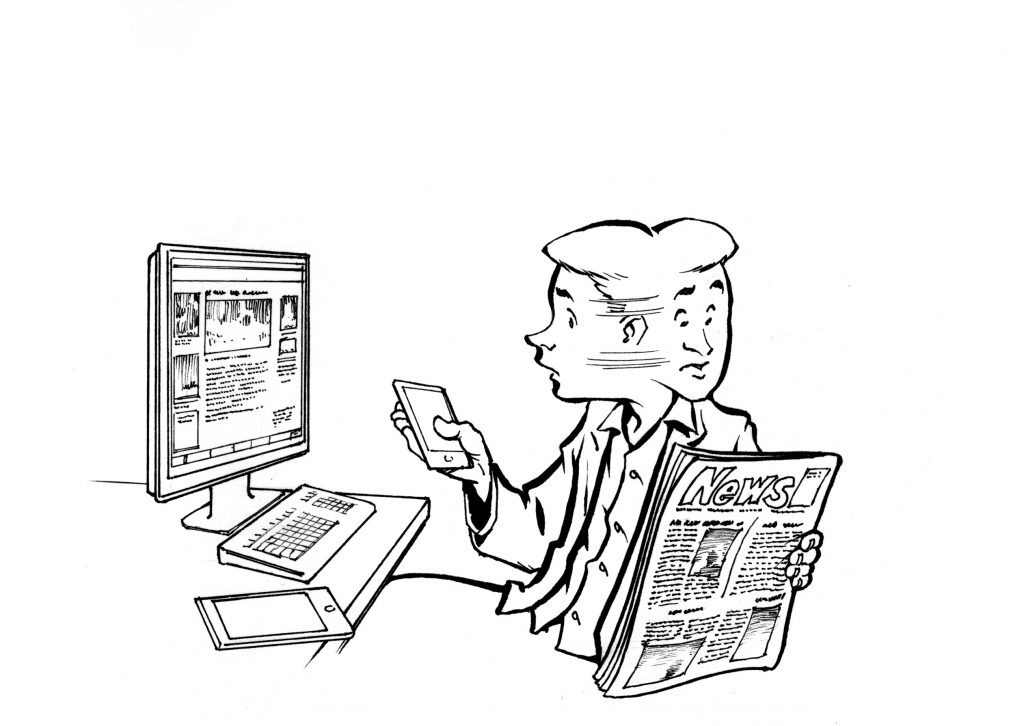It seems paradoxical, but now, more than ever, we need human resources to teach managers emotional and social intelligence.

New Order- a slow killer or strong motivator?
Isolation, changed working conditions, loneliness, “remote work”, social and physical distance… These are the conditions that we live in. Some like it and others don’t. Someone’s performance improved, others’ declined.
It seems paradoxical, but now, more than ever, we need human resources to teach managers emotional and social intelligence.
Managers and executives should spend even more time working with people, and less on their other tasks. In fact, people should be the main task and focus.
Who thrives and who withers from remote work?
Managers keep asking themselves: “How could I know what they do and how they feel when they are out there somewhere? Okay, I can tell what they’re doing through their results, but it’s impossible to know how they really feel.
In times like these, more than ever we are looking for people who are self-motivated. Are there any? What motivates someone is a very individual thing. Motivation is like a fingerprint in every person, and although it is similar at first glance, it is actually quite different.
“Motivation is like a fingerprint, although it is similar at first glance, it is actually very different”
People have their own finely calibrated system of what really drives them, their reasons for working and giving their maximum while doing so.
The impact of the material reward is smaller. Not to be confused, material rewards are very important, but the motivation is far greater if the employee can work in their own way, in accordance with their “fingerprint”.
That brings us to contemplating about the main driving force which is inside of each of us – the work system and the internal “rules” that we like and we have defined ourselves. Rarely anyone is fully aware of what is true because knowing yourself is the hardest thing.
And yet everyone has a certain way of working that makes them unique. Rhythm. Decisions strategies. Assessment methods. Work dynamics. How do I decide? Planning style. The principle of processing information and accepting the “truth”, etc.
All that makes a person special and it is up to the managers to see, hear and feel what it is like to be in their team. Today, the skill of recognizing the mood and style in which your people like to work, as well as to be guided and to cooperate and communicate with them, is even more necessary.
A meal cooked once is done
All these ingredients that make up a person are already formed as a lunch cooked from various ingredients. This is hard to change. And this is why it is easier to adapt and use individual work styles, using what is most important in each person, by discovering what their skills and approach to work are most useful for and how to put individuals in a complementary team. As with putting together a puzzle, so with teamwork, the skill of fitting in diversity is what makes teams the best.

Do you know what drives the people on your teams from the inside?
Have you asked yourself whether these approaches occur in one person and how do you know if a person will enjoy working:
– according to predefined rules and procedures or do they need more freedom?
– in regular jobs that don’t change or expects occasional changes and modernization?
– in line with their own ideas or the ideas of others?
– by having to decide based on their feelings or according to what the environment thinks?
– when someone constantly imposes on their opinions about possible problems or if someone acts irresponsibly because they don’t anticipate problems?
– without you showing them and they don’t understand the concept and purpose or if you do not allow them to work in their “small garden” without understanding the concept and purpose?
There are many such questions, and depending on the answers to them and the approach you use, a degree of internal motivation is formed in the team members.
How to recognize from a distance what are team members like?
The will to work is present when a person works the way that suits them best. To really get to know the people on your team, which is the essence of a great manager, you need skills. You start by asking questions.
It’s a great skill to know what kind of questions to ask to find out what the formula is for a self-motivated person. If you succeed in that, then you have found access to that individual. And all you have to do is support in that person everything that is useful for your job, and avoid work that is demotivating for them.
In this way, you will fulfil your role as a manager and your employees, regardless of physical distance, will feel great.

By Miloš Tomanović, Head of INSPIRE for Adriatic Region www.inspire.rs